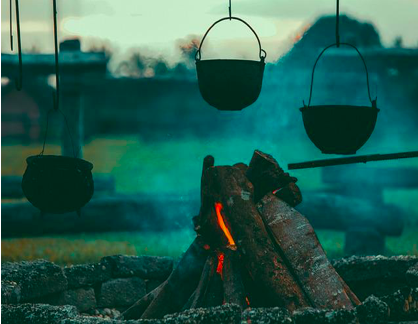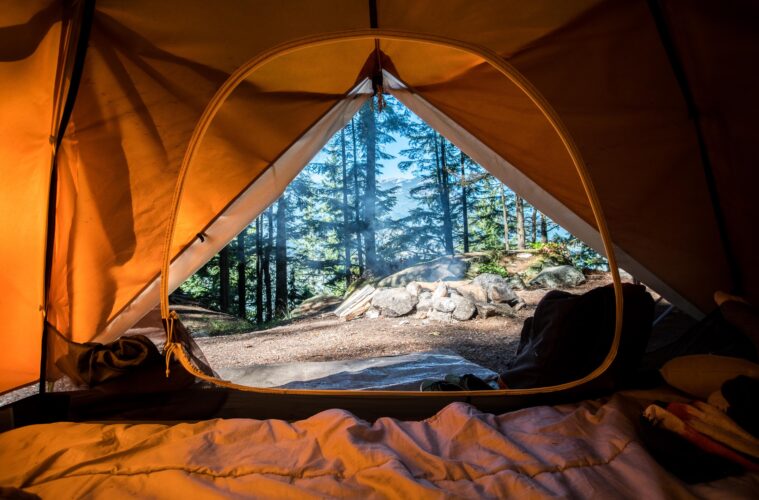There’s nothing better than getting out in nature. If you’re cooped up in the city, connecting back to the wilderness might feel like a literal breath of fresh air—but just being around nature doesn’t always mean that there’s more we can’t do to reduce our ecological footprint.
Think that all camping is clean? Guess again! There are many ways that camping can negatively affect the environment. Find out how here.
Read on to find out three top tips to camp in an environmentally friendly manner.
1. Keep Your Power Clean
When out camping, the image of connecting back to our more ancient roots makes it feel so natural, but unlike our ancestors, for the most part, we aren’t sitting around a fireplace and roasting up some dinner. Gas, petrol generators, and maybe even a charging station at a camping facility are all a big part of modern camping, and these can all increase our carbon footprint.
There are thankfully some solutions when trying to use clean power out in mother nature! Try bringing canned food or dry food that does not require a gas stove. Solar generators are an innovative solution to charging your smartphone or camp light while cutting out petrol generators. While your power might not add up too much, clean-energy camping is always a good aim.
2. Minimize Your Waste
According to the Washington Post, campers leave behind more than 100 million pounds of trash each year. While you might be confident that you are not adding to this unfortunate statistic, it might be harder to realize than you think. Many of us are unaware of the little things we can do to minimize our waste while camping, and the best advice is to not bring it with us in the first place.
Buying your food in bulk can help reduce the packaging you bring. Planning ahead and bringing reusable bottles for your water is also a must.
In terms of disposal, carefully separate your recycling and trash at the campsite. Whatever you can do to reduce the amount of trash you bring in will help significantly with the amount of trash you leave, whether intentionally or not.
3. Pick Your Environment Carefully
When camping deep in the heart of nature, we want to ensure that we see as much of this country’s gorgeous flora and fauna as possible. It may feel tempting to explore wherever we please to get to it—unfortunately, this idea is not always good for conservation.
In the U.S, 10% of our land and marine areas are protected lands. In many of these areas, there may be restrictions on camping. Before entering your national park of choice, keep updated on what areas are restricted and what animals are protected.
Conclusion
Our footprint can undo years of conservation, and our presence can negatively affect wildlife in many areas. With this in mind, it’s in all our best interests to camp in a way that feels peaceful and relaxing but that we can feel good about later.
Published by HOLR Magazine.


